Holistic Mental Health


Could depression, anxiety, ADHD, and like conditions be connected with what is happening in the rest of our bodies?
Yes! Our brains are connected to our bodies. Welcome to the world of Holistic Mental Health – the study and clinical application of the connections between our bodies and our minds.
Classically-trained psychiatrist Mary Beth Ackerley MD, MDH, ABIHM, takes a holistic approach to her practice and explains that “The holistic model supports the idea that body chemistry, spirituality, diet, nutrition, and other factors can impact the brain in diverse ways.”
Dr. Ackerley explains some of the key contributors to mental conditions that you might otherwise not suspect:
1. Blood toxicity, resulting from heavy metals or environmental chemicals (especially lead and mercury)
2. Improper diet, particularly poor quality or processed foods, or foods containing wheat, gluten, sugar, artificial sweeteners, and dairy products (to which many people are highly sensitive)
3. Lack of exercise
4. Drug and alcohol use and abuse
5. Hormonal or chemical imbalances in the body
6. Psychological factors, including traumatic events, prolonged untreated stress, self-destructive beliefs, serious financial hardships, etc. Stress, so common in our society, can cause deeper problems such as fibromyalgia, insomnia, and depression
7. Genetics as evidenced by a family history of mental health conditions or hormonal imbalances
8. Lack of support from family, community, or spiritual groups
So what are some of the clinical approaches in Holistic Mental Health – other than medications which may be indicated?
-
Individual involvement in our own care, actively participating, and
 not expecting any “silver bullet pills”
not expecting any “silver bullet pills” -
Lab testing for chemical and hormonal imbalances in the body which may be contributing to the condition
-
Lab testing for mold illness, a serious element in many mental conditions
-
Dietary changes – eating more non-processed foods and more vegetables and fruits and fewer grains

-
Nutritional supplementation to balance body chemistries
-
Lifestyle changes – such as increasing our exercise, even just walking each day for 20-30 minutes
-
Integrative therapies such as massage, biofeedback, talk therapies, yoga, and art therapy to mention just a few approaches
How can we find a Holistic Mental Health practitioner?
Some of the organizations to explore: American Board of Holistic Medicine (AHBM), the American Holistic Health Association (AHHA), the American Holistic Medicine Association (AHMA), the Institute of Functional Medicine (IFM), and the American College of Advanced Medicine (ACAM).
We will be exploring some of the approaches mentioned here in more depth in coming articles. You can learn more by clicking on the link above. Here’s to our health!
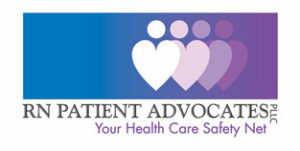
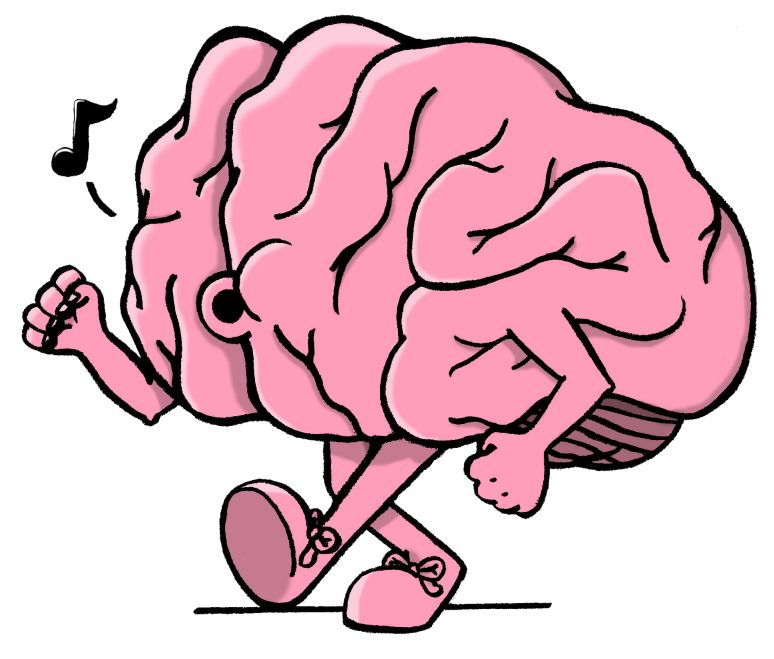 not expecting any “silver bullet pills”
not expecting any “silver bullet pills”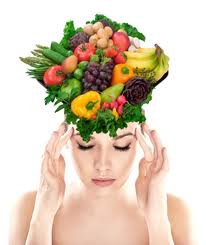
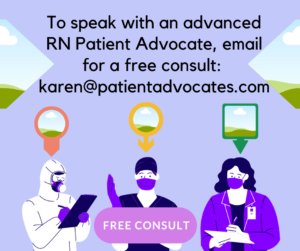
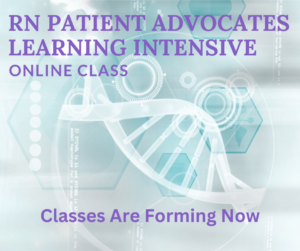

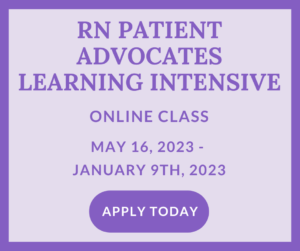
Recent Comments